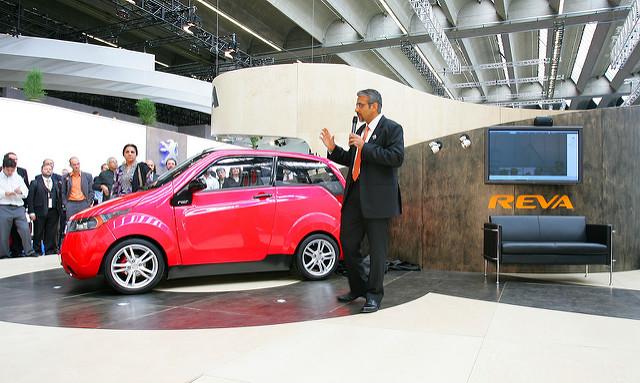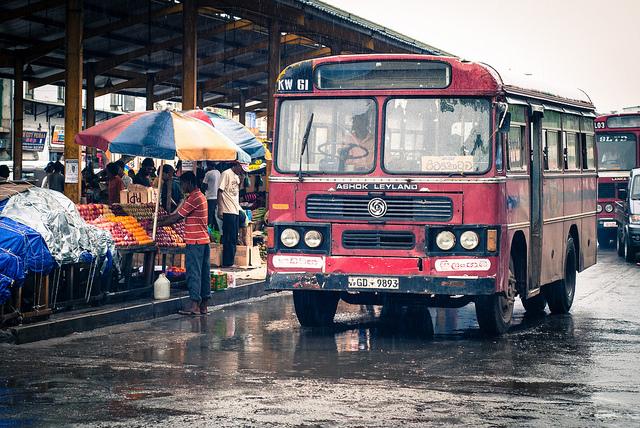Startup Envisions Battery Swaps For Electric Buses In India
Collaboration by Ashok Leyland and SUN Mobility could further push the battery-swapping infrastructure for electric vehicles in India. They plan to focus on intracity buses and will push toward delivery vehicles and intercity buses in the future.
Updated May 26 2019, 9:21 p.m. ET
Public transportation is a more conservative option when it comes to releasing less carbon emissions in the air, but it would be great to transition them toward electric motors. With range being limited to a few hundred miles on newer electric cars, it’s only that much shorter for bigger vehicles like buses and trucks. Two companies in India may have found a way to work together to fix the issue with replaceable batteries.
Earlier this week, Ashok Leyland and SUN Mobility announced a partnership to create an infrastructure to easily and quickly swap batteries in electric buses. These stations would be powered mostly by renewable energy and would allow buses to drop in, receive a battery exchange, and move back out into downtown traffic. The goal is to make these stations cheaper and faster than traditional diesel gas pumps.
According to Live Mint, focus will be on buses that travel inside of the cities in India. That will eventually progress to delivery trucks, intercity buses, then long distance trucks. Vinod K. Dasari, CEO of Ashok Leyland, stated that India’s government has been more keen on the future of public transportation moving over to the EV industry. While the future looks bright for other features, battery swapping will be the short-term focus.
Chetan Maini, Vice Chariman of the SUN Group, praised the new partnership and believes it will really push electric vehicles saying, “This partnership will help the nation move masses via an efficient, pollution-free and cost-competitive solution for electric mobility.” Maini was behind India’s first EV, Reva.
Ashok Leyland released Circuit, the country’s first homemade electric bus, back in October. They also are linked to Optare, who have created multiple electric buses in Europe. They’ve already been discussing plans to create an infrastructure for battery swapping prior to the partnership.
One way India could thrive with millions of electric vehicles on the road is to remove the included battery. Their government has been studying the potential of having this infrastructure and swapping batteries for all vehicles. As Devjyot Ghosal explained at Quartz, “swappable batteries are smaller, cheaper, and take less time to charge,” when compared to the bulkier batteries of typical electric cars.
India wants to get over six million EVs on the road by 2020 and a decade afterwards, they want to exclusively sell them. It’s an aggressive push due to poor air quality in their cities. Instead of waiting for technology to improve range, the country is taking an alternative step to create an infrastructure that replaces the batteries in these vehicles. Both the truck-maker and startup are following that same path, and it will be a great transition should they meet their goals of quicker and cheaper charging with removing greenhouse gas emissions.
-1500908931958.jpg?position=top)

